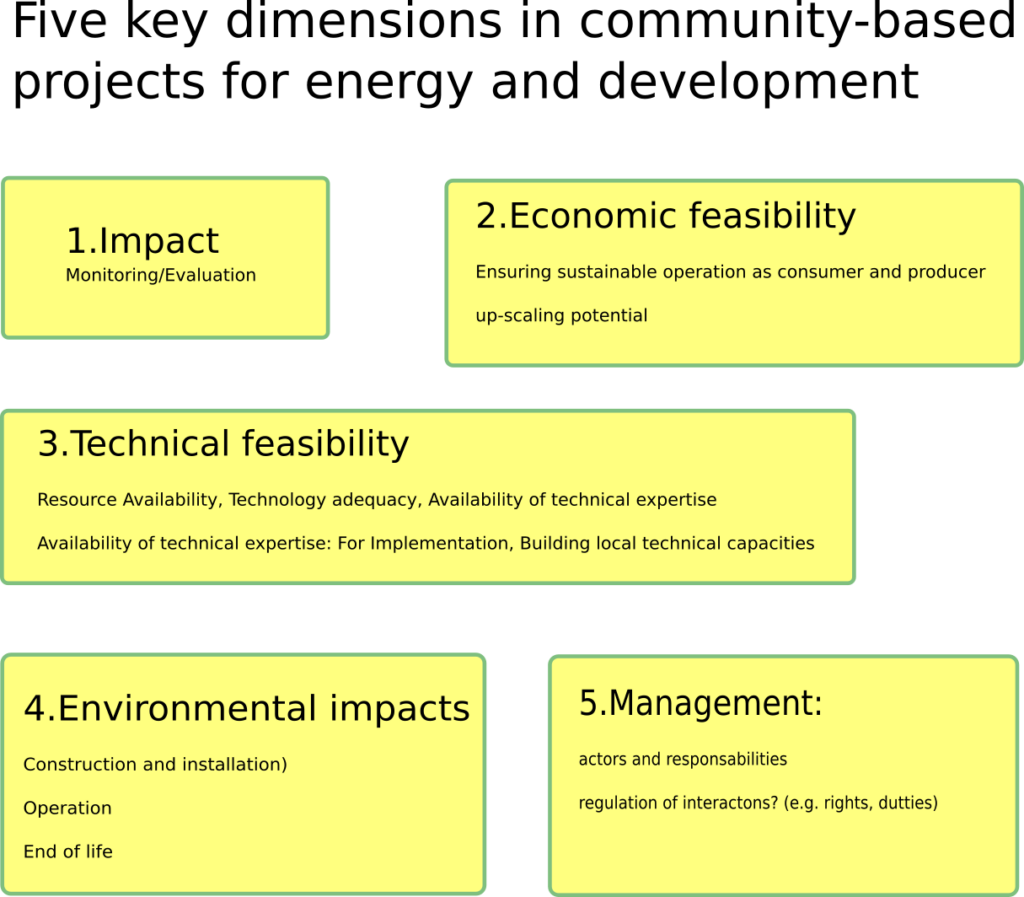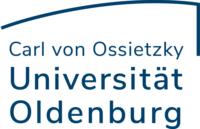(Based on inputs from Willington Ortiz)
Energy transitions to renewable energy sources are required to tackle multiple socio ecological problems, such as climate change and energy access. They are important parts of Social Ecological transformations, in which the design of adequate technical solutions is necessary, but not sufficient to assure the sustainability of projects. They are not purely technical issues that can be solved by a technical system optimization. Together with their technical dimension, energy transitions are guided and have impact on multiple social issues. We can explore some of them by answering the following questions:
- How is people taking part of decision making? Who are they? Who is supporting, resisting or ignoring it?
- How will new infrastructure and the resources it utilize affect people living environments?
- Which is the effect of the new system on people life?
- Who gets the (economic) benefits? Does it provide better living conditions?
- How will the energy be used? Does it build/require new habits?
While these questions are not extensive, they let us see multiple areas in which energy transitions interact with people life, decisions and perspectives. In order to solve socio ecological issues and support the urgently required transformations of the current energy systems, we must pay attention to these kind of questions. If we ignore them, and we intent to implement transitions as pure technical issues, the risks of failure, resistance, or lack of expected results increases. Socio cultural issues are often more difficult to approach than technical issues.

Rural and local energy transitions are particularly relevant in the context of the Sustainable Development Goal 7 (SDG7 – Affordable and Clean Energy), which aims to “Ensure access to affordable, reliable, sustainable and modern energy for all”. Multiple local energy transitions have to take place to achieve this goal, fostering deep social changes, local leadership and capacities. But they should be done with a (human sustainable) development perspective, which support “the basic recognition that freedom is both the primary objective of development and its principal means”. Amartya K. Sen (2001).
These kind of complex (sustainability) problems need new kinds of research able to integrate multiple “knowledge types” from different disciplines and actors outside of science, such as transformative and transdisciplinary research. Together with science, actors outside science have an important role in the social-ecological transformation.
Community-based Energy Projects
Decentralised (renewable) energy is a mean for solutions which strengthen the livelihoods of (rural) populations. When developing such a project, it is important to involve local actors since the early description of a project, as it can reduce the risk of disappointments and failures. Particularly can help to 1) define the ‘Target Need’, which is the result of subjective decisions that different actors assess differently. 2) And to translate the needs in technical and economic parameters (e.g. in Wh/day or kg Wood/day). The following figure presents five key dimensions which aim to incorporate socio cultural and technical issues in community based projects for energy and development.

